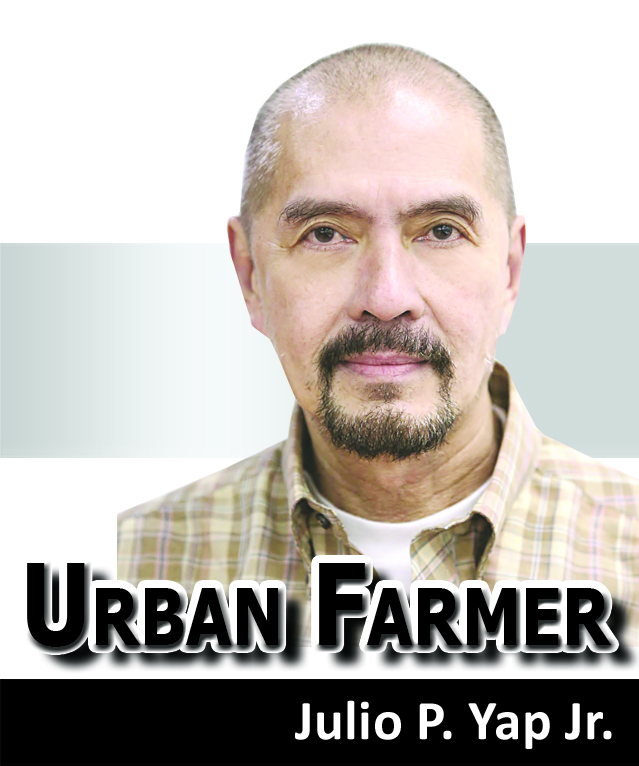 CONSUMERS are now shifting their attention to the meat of native chicken primarily due to its unique taste, distinct flavor, and texture, presence of nutraceutical compounds, and lower fat content.
CONSUMERS are now shifting their attention to the meat of native chicken primarily due to its unique taste, distinct flavor, and texture, presence of nutraceutical compounds, and lower fat content.
On the commercial aspect, native chicken production is considered to be the most competitive and sustainable sub-sector of the local poultry industry owing to its numerous advantages such as low capital investment, simple management system, and the emergence of new markets.
Because of this, a technology transfer activity dubbed Zampen Native Chicken FIESTA which aims to promote the Zampen native chicken production as a source of livelihood was held recently to emphasize the importance of the native chicken industry, capitalizing on its benefits and opportunities.
As it is raised free-range, native chicken is generally perceived as being free of antibiotics and other synthetic chemical residues.
Given these advantages, the Zamboanga City-based Western Mindanao Agriculture and Aquatic Resources Research and Development Consortium (WESMAARRDEC) conducted the technology transfer activity in an effort to promote the Zampen native chicken production as a source of livelihood in the Zamboanga Peninsula.
The move also aims to inspire native chicken production in the region.
The purified breed of Zampen native chicken could yield more eggs annually compared to the Joloano native chicken. The former also has a lower mortality rate.
It is one of the four purified native chicken strains developed under a project where the other strains included the Darag in Western Visayas, Camarines in Bicol, and Boholano in Bohol.
Implemented by Western Mindanao State University (WMSU), the project is a component of a native chicken program entitled “Purification, Improvement and Sustainable Utilization of Native Chicken Strains in Bohol, Bicol, and Zamboanga Peninsula.”
It adopts the technologies and protocol developed by WMSU on the management of the native chickens from hatching, day-old, hardening, and up to the time until the birds become ready for breeding; selecting and purifying the strain; and developing the health protocol and feeding management system.
Funded by the Philippine Council for Agriculture, Aquatic and Natural Resources Research and Development of the Department of Science and Technology (DOST-PCAARRD), FIESTA aims to facilitate the flow of technology not only to the farmers but also to the country’s micro, small, and medium enterprises, so that these can benefit from the government’s R&D undertakings, thereby enabling them to contribute more to economic development.
Presenting an additional income source to farmers, and known as a source of high quality meat, native chicken is considered an important component of the country’s rural farming system.
WMSU, as one of the implementing agencies of the Native Chicken Program funded by PCAARRD, has developed sustainable S&T-based options for native chicken improvement and profitable utilization for rural farmers in Region 9 through the development of technologies for breeding and selection, generation of pricing and marketing information, and policy recommendations for the enhancement of native chicken productivity and production efficiency.
This is expected to help promote the growth of the native chicken industry, capitalizing on its benefits and the opportunities it offers. (aypeeyap@ymail.com/PN)


